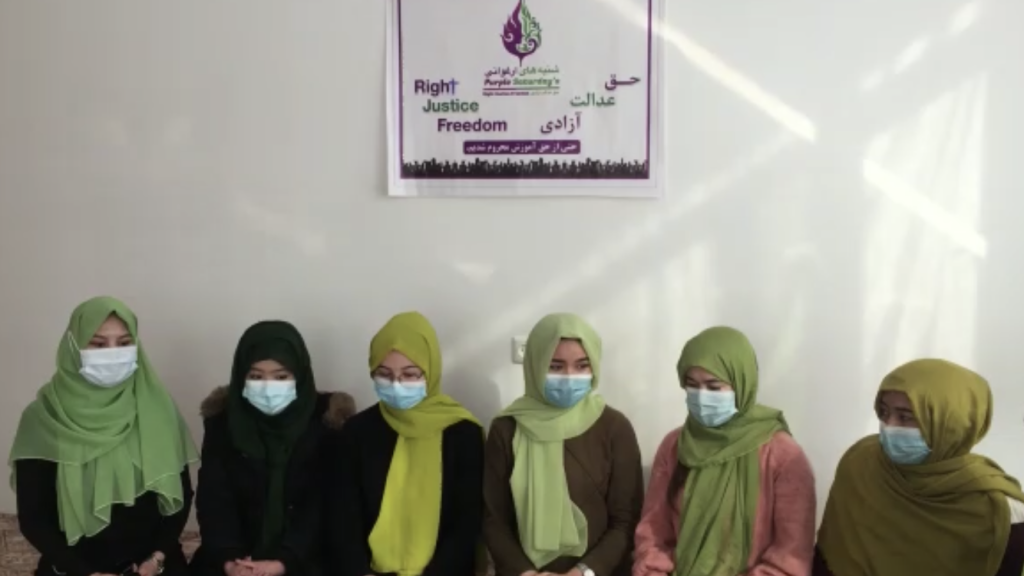The mental and psychological condition of Afghan women and girls under the rule of the Taliban group
Women and girls under the current rule of the Taliban group live in a state of psychological distress. They are subjected to gender-based violence, discrimination, and oppression on a daily basis. This includes but is not limited to verbal and physical abuse, forced marriages, lack of access to education and healthcare, and gender-based restrictions on their freedom of movement. These conditions have had a profound effect on their mental health, leading to feelings of fear, shame, isolation, and depression.
The Taliban’s interpretation of Islamic law has resulted in a highly restrictive and oppressive environment for women and girls. Their strict social code imposes severe punishments for violations of its rules, including public lashings and even death sentences. Women are not allowed to work or attend school, so they are limited to activities within the home. They are not allowed to leave the house without a male chaperone, preventing them from engaging in activities such as shopping, education, and seeking medical care. This restricts their ability to make decisions and control their own lives, leaving them feeling powerless and helpless.
The lack of opportunities and rights have led to significant psychological distress among many women and girls living in areas controlled by the Taliban. Studies have shown that these women are more likely to suffer from depression, anxiety, and other mental health issues than those living in other parts of the world. The restrictions on their rights also mean that victims of gender-based violence often do not feel able to report these incidents, leading to further suffering and trauma.
The psychological effects of living under the Taliban’s oppressive regime are far reaching. It affects the health and wellbeing of women and girls in a wide range of ways, from their mental health to their physical safety. It is essential that the international community takes action to ensure the rights of women and girls in these areas are respected and enforced, so that they can enjoy the same freedoms and opportunities that are taken for granted in other parts of the world.
the writer ; Aisha, women’s and children’s rights activist

